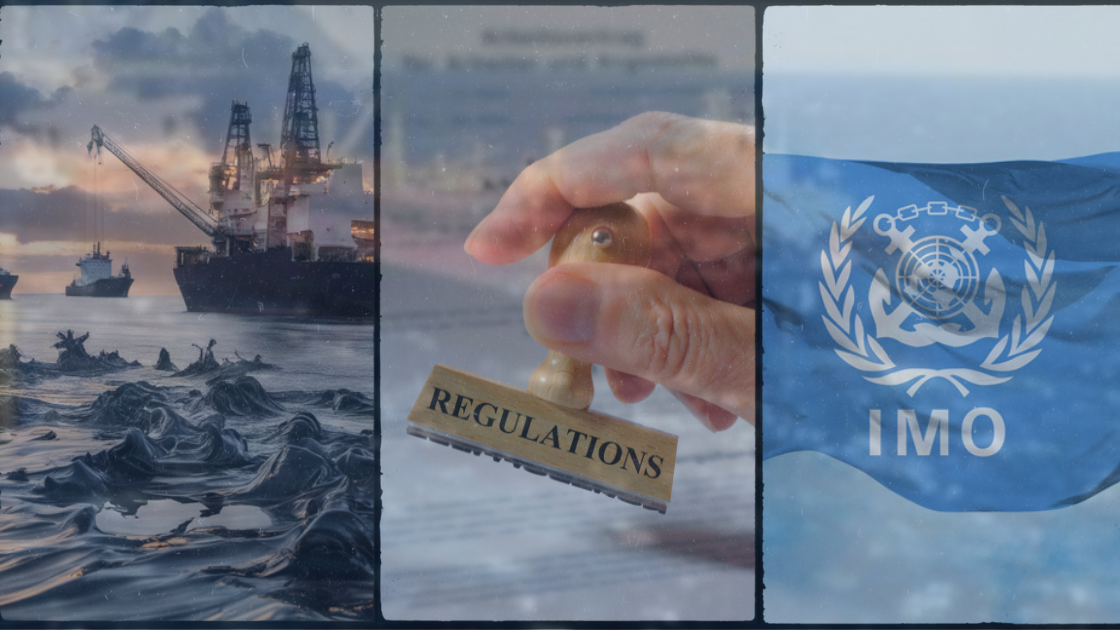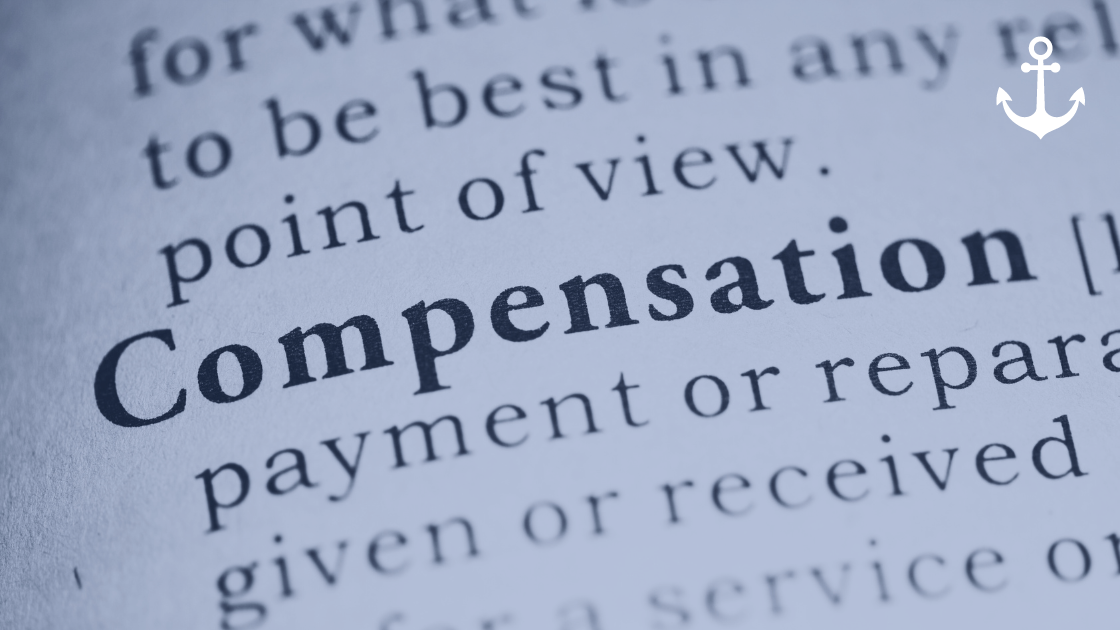Decoding The Global Significance of the IMO's CLC Convention in Addressing Oil Pollution Incidents!

The International Convention on Civil Liability for Oil Pollution Damage (CLC convention) stands as a critical international treaty with global significance in addressing the issue of compensation for oil pollution incidents caused by ships. Adopted by the International Maritime Organization (IMO), the CLC convention plays a central role in ensuring adequate and prompt compensation to those affected by oil spills worldwide.
Its provisions, liability regime, and compensation mechanisms establish a framework for international cooperation, environmental protection, and responsible maritime practices on a global scale.
The IMO's CLC convention, also known as the International Convention on Civil Liability for Oil Pollution Damage, is an international treaty adopted by the International Maritime Organization (IMO) to address the issue of compensation for oil pollution damage caused by ships. The convention was established to ensure that adequate and prompt compensation is provided to parties affected by oil spills from ships.
"The CLC convention reminds us that the choices we make today will shape the future of our oceans. Let us choose wisely and protect what is rightfully ours."
Key points of the IMO CLC convention

Scope

The convention applies to oil tankers and other ships carrying oil in bulk as cargo. It covers incidents where oil pollution damage occurs in the territory (including the territorial sea) of a contracting state or in the exclusive economic zone of a contracting state.
Liability and Compensation Limits

The convention sets a strict liability regime for shipowners. This means that shipowners are liable for oil pollution damage without the need to prove fault or negligence. However, there are limits to the compensation they are required to pay, which are determined based on the ship's tonnage.
Compensation Funds

To ensure that adequate compensation is available even in cases where the shipowner's liability is insufficient or unavailable, the convention establishes an international compensation fund. The fund is financed by contributions from shipowners of oil tankers and is used to provide additional compensation to victims.
Subscribe to MarineX Premium plans to read full blog